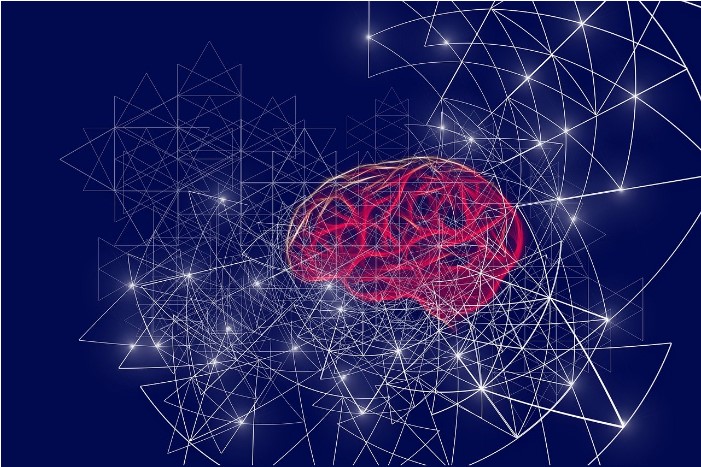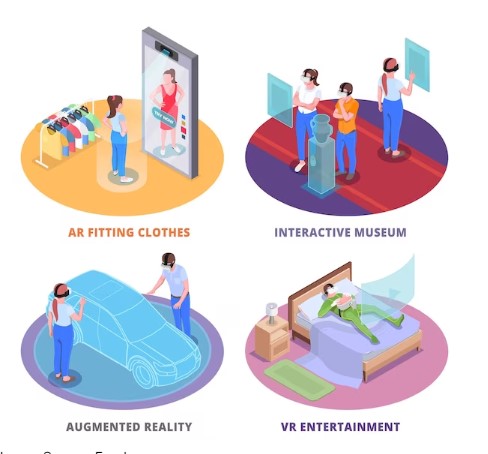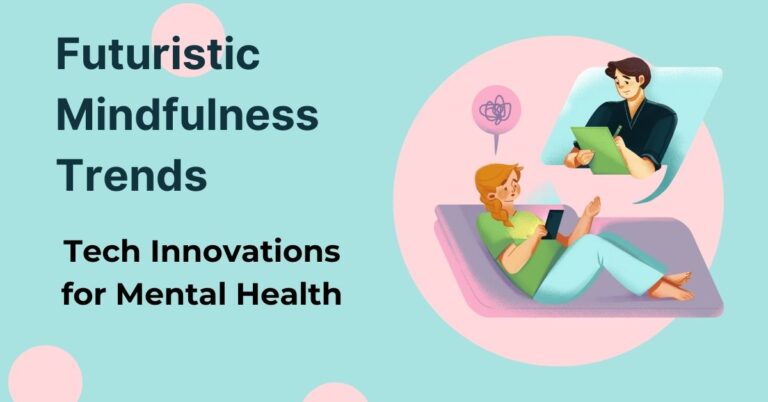Role Of Artificial intelligence In Personal Development
In today’s fast-paced world, personal development has become more important than ever. With the constant pressure to succeed and excel, individuals are constantly seeking ways to enhance their skills and abilities. Enter artificial intelligence (AI), a revolutionary technology that is reshaping the way we live and work. AI is not just about self-driving cars or voice assistants; it has the potential to transform personal development as well.
Understanding the Role of AI in Personal Growth
AI can play a significant role in personal development by providing personalized recommendations and insights for growth. It can analyze massive amounts of data to identify patterns and trends, helping individuals understand their strengths and weaknesses better. With AI-powered tools and applications, individuals can set specific goals, track their progress, and receive real-time feedback.
One of the key benefits of AI in personal development is its ability to gather and analyze data from various sources. By collecting data from different areas of an individual’s life, such as fitness trackers, social media, and online learning platforms, AI can provide a holistic view of their progress and areas for improvement. This data-driven approach enables individuals to make informed decisions and take proactive steps towards personal growth.
AI can also assist in self-reflection and self-awareness, which are essential aspects of personal development. Through natural language processing and sentiment analysis, AI can analyze an individual’s online presence and interactions to gain insights into their emotions, attitudes, and behavior. This self-reflection can help individuals identify patterns, biases, and areas for personal improvement.
Benefits of Using AI in Personal Development
The use of AI in personal development offers several benefits. Firstly, it provides personalized recommendations and insights based on an individual’s unique needs and goals. AI algorithms can analyze data from various sources, such as online courses, books, and articles, to recommend relevant resources that align with an individual’s interests and learning style. This personalized approach ensures that individuals receive tailored content that maximizes their learning and growth potential.
Secondly, AI-powered tools and applications can automate processes and tasks, freeing up time for individuals to focus on personal development. For example, AI chatbots can handle routine administrative tasks, such as scheduling and reminders, allowing individuals to allocate their time and energy towards more meaningful activities.
Thirdly, AI can provide real-time feedback and support, enabling individuals to make continuous improvements. Whether it’s tracking fitness goals, practicing a new skill, or managing time effectively, AI can provide instant feedback and suggestions for improvement. This real-time feedback loop helps individuals stay motivated and on track towards achieving their personal development goals.
AI Tools and Applications for Personal Development
There are numerous AI tools and applications available that can enhance personal development. Let’s explore some of the most popular ones:
Implementing AI in Goal Setting and Tracking
AI can assist individuals in setting specific, measurable, achievable, relevant, and time-bound (SMART) goals. By analyzing historical data and individual progress, AI algorithms can provide insights and recommendations on goal setting. These algorithms can consider factors such as personal strengths, weaknesses, and previous achievements to help individuals set realistic and meaningful goals.
Furthermore, AI can track progress towards these goals and provide visual representations, such as graphs and charts, to highlight trends and patterns. This tracking feature allows individuals to evaluate their progress objectively and make any necessary adjustments to their approach.
Using AI for Time Management and Productivity
Effective time management is crucial for personal development, and AI can assist in optimizing productivity. AI-powered tools can analyze an individual’s schedule, priorities, and habits to provide personalized recommendations for managing time more efficiently. These tools can suggest optimal times for focused work, breaks, and relaxation, ensuring individuals make the most of their time and energy.
Additionally, AI can help individuals eliminate distractions by filtering and prioritizing notifications and messages. By intelligently managing digital distractions, individuals can maintain focus and concentration, leading to increased productivity and personal growth.
AI-Powered Virtual Coaches and Mentors
AI can act as virtual coaches and mentors, providing guidance and support in various areas of personal development. These virtual assistants can offer personalized recommendations, tips, and insights based on an individual’s goals and preferences. They can provide motivational messages, reminders, and accountability, keeping individuals on track towards their personal development journey.
Moreover, AI-powered virtual coaches can analyze an individual’s progress and provide targeted feedback to help them overcome challenges and improve performance. This feedback loop ensures that individuals receive continuous support and guidance, enhancing their personal growth and development.
AI-Driven Personalized Learning and Skill Development
AI has the potential to revolutionize learning and skill development by offering personalized and adaptive learning experiences. By analyzing an individual’s learning style, preferences, and progress, AI algorithms can tailor content and resources to their specific needs. This personalized approach ensures that individuals receive the right information at the right time, maximizing their learning potential.
AI-powered learning platforms can provide interactive and engaging learning experiences, incorporating elements such as virtual reality, gamification, and adaptive quizzes. These platforms can adapt the difficulty level and pace of learning based on an individual’s performance, ensuring a challenging yet manageable learning experience.
Ethical Considerations and Challenges of AI in Personal Development
While AI has the potential to revolutionize personal development, it also poses ethical considerations and challenges. One of the main concerns is privacy and data security. As AI collects and analyzes personal data to provide personalized recommendations, individuals may have concerns about how their data is being used and protected. It is crucial for AI developers and service providers to prioritize data privacy and security, ensuring that individuals have control over their personal information.
Another challenge is the potential bias and discrimination in AI algorithms. If the data used to train AI models is biased or incomplete, it can lead to unfair recommendations and insights. To address this challenge, AI developers need to ensure that their algorithms are trained on diverse and representative datasets, minimizing the risk of bias and discrimination.
Moreover, AI should complement human interaction and not replace it entirely. While AI can provide valuable insights and recommendations, it is essential to maintain a balance between technology and human guidance. Personal development is a holistic journey that involves human connection, empathy, and understanding. AI should be used as a tool to enhance personal development, not as a substitute for human interaction.
The Future of AI in Personal Growth and Development
The future of AI in personal development is promising. As AI continues to advance, we can expect more sophisticated and personalized tools and applications that cater to individual needs and goals. AI algorithms will become more accurate and reliable, providing even more valuable insights and recommendations.
Additionally, AI can be integrated into various aspects of personal development, such as mental health and well-being. AI-powered chatbots and virtual assistants can provide emotional support, offer coping strategies, and connect individuals with relevant resources and professionals.
Furthermore, AI can facilitate collaboration and community building in the personal development space. AI-powered platforms can connect individuals with similar goals and interests, fostering a sense of community and providing opportunities for collaboration and mutual support.
In conclusion, artificial intelligence has the potential to revolutionize personal development by providing personalized recommendations, insights, and support. AI can enhance goal setting and tracking, optimize time management and productivity, act as virtual coaches and mentors, and offer personalized learning experiences. However, ethical considerations and challenges must be addressed to ensure the responsible and equitable use of AI in personal development. As AI continues to evolve, it holds great promise for helping individuals become the best versions of themselves.





